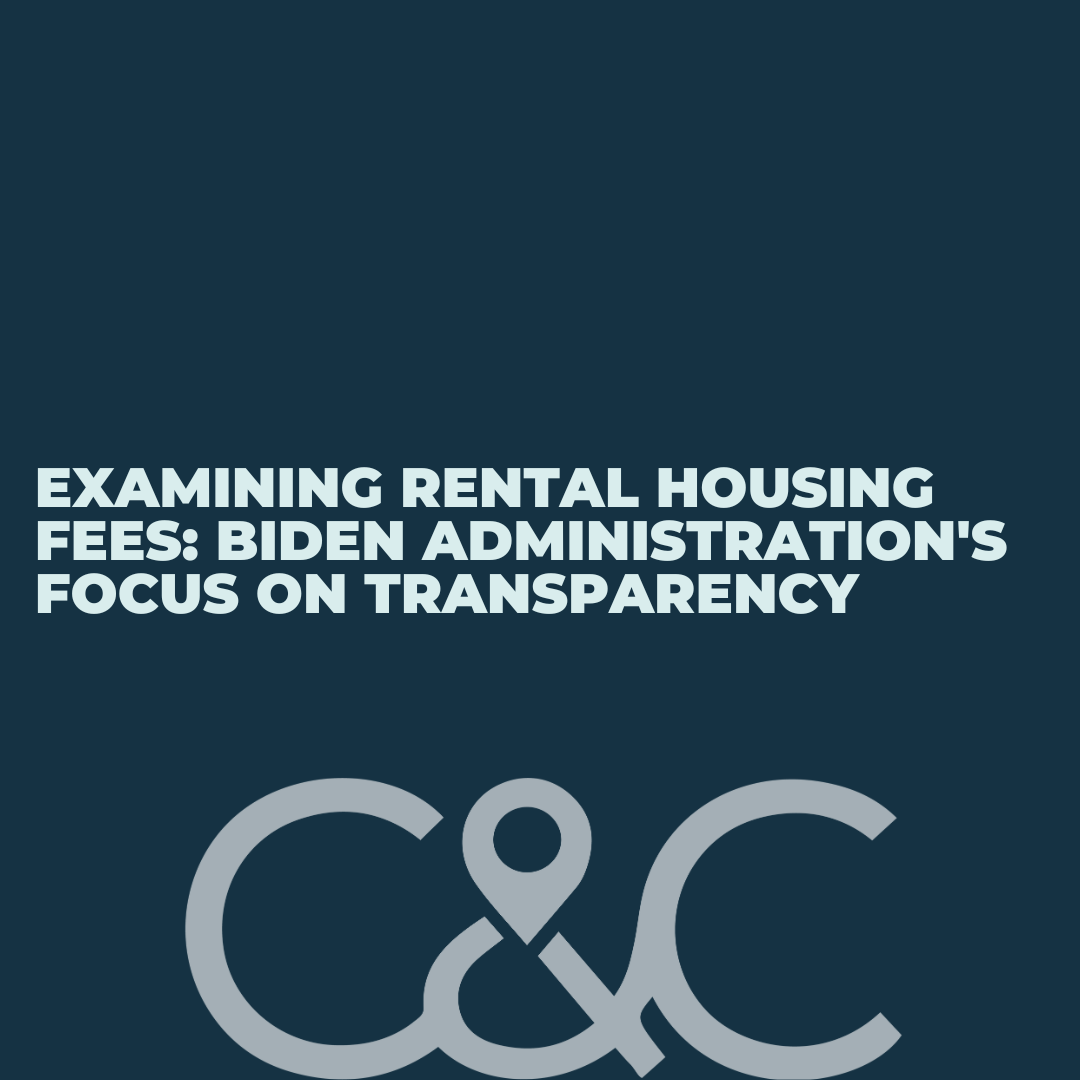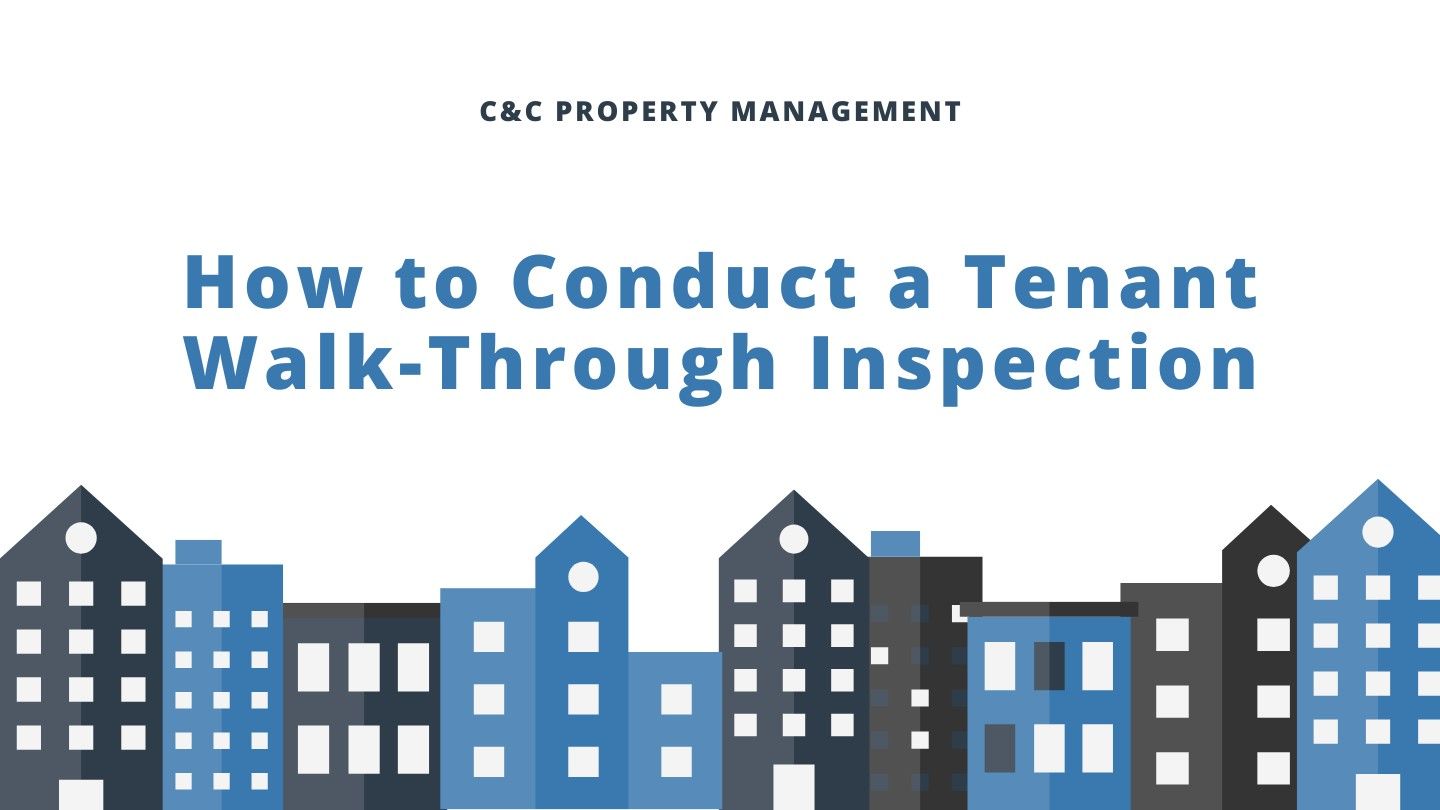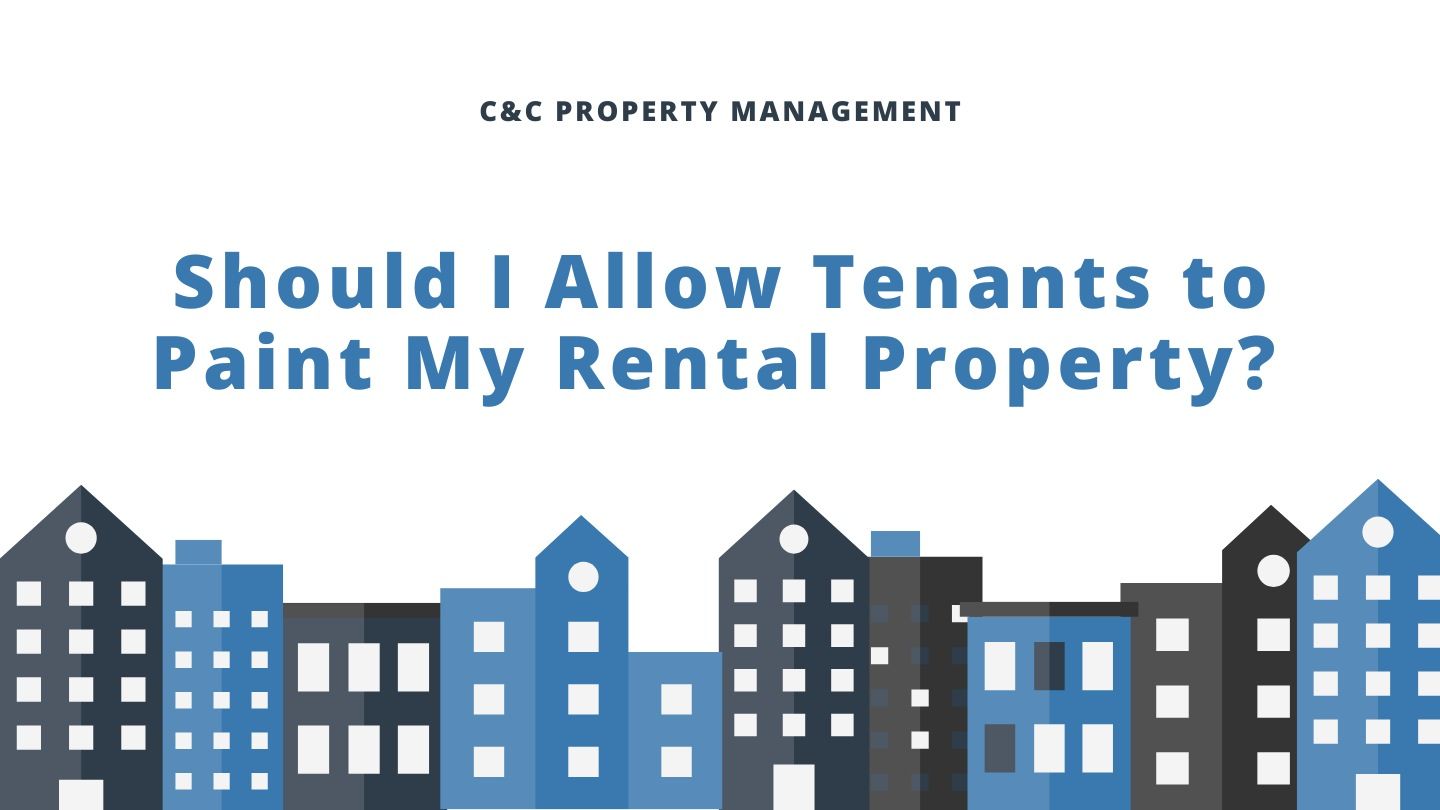Examining Rental Housing Fees: Biden Administration's Focus on Transparency
In the quest for increased transparency and fairness, President Biden's administration has turned its attention to the rental housing market.

Similar to its scrutiny of hidden costs in other industries, the administration is now aiming to address the often overlooked fees and charges faced by renters in the housing market.
The spotlight is on issues like tenants having to bear the burden of multiple rental application fees while seeking housing, unexpected "convenience fees" for online rent payments, and additional service charges that are often presumed to be included in the rent. While the California Apartment Association (CAA) supports transparency in pricing, it cautions against implementing overly broad policies with excessive advertising disclosure requirements, citing concerns about such legislation that emerged in California this year.
To tackle these issues, the Biden-Harris administration published a fact sheet on July 19, outlining its concerns and proposing several measures to enhance transparency and alleviate financial burdens on renters. These measures include securing commitments from major rental platforms like Zillow, Apartments.com, and AffordableHousing.com to provide upfront cost information on rental listings. Additionally, the Department of Housing and Urban Development is actively researching strategies for a nationwide approach to address rental housing fees.
In California, efforts to address transparency concerns also emerged through SB 611, introduced by Sen. Caroline Menjivar, D-Van Nuys. The bill sought to enforce full disclosure of all fees and charges in rental property advertisements but has since been reclassified as a two-year bill, delaying its progress until 2024.
The CAA expressed concerns over this legislation, particularly the requirement to disclose variable fees based on a tenant's usage or preferences. The association maintains that advertising should only need to include fixed costs, such as rent prices, security deposits, screening fees, and other obligatory charges.
Fortunately, a bill signed into law last year, AB 2559 by Assemblyman Christopher Ward, D-San Diego, already addresses some of the administration's concerns. This legislation aimed to alleviate the need for prospective tenants to repeatedly pay for separate credit checks with each rental application. It allows tenants to purchase a single credit report valid for multiple property applications within a 30-day period. Importantly, the CAA played a critical role in ensuring that AB 2559 explicitly states that landlord participation is voluntary.
As discussions on such bills and broader legislative issues continue, the CAA remains committed to representing the interests of its members, advocating for rules that account for the economic realities faced by rental housing providers. This includes considering the impact of escalating costs from higher taxes, soaring insurance rates, and restrictions arising from local rent control ordinances.
Looking ahead, the Biden-Harris Administration, in collaboration with Congress, state leaders, and the private sector, will continue examining transparency in rental housing advertising. Throughout this process, the CAA will remain vigilant, ensuring any proposed changes strike a balance between the needs of renters and rental housing providers.
By promoting transparency and fairness in the rental housing market, these efforts aim to create a more equitable environment for all parties involved. As the dialogue evolves, stay tuned for updates on the measures being implemented to transform the rental housing landscape. Together, we can build a better future for renters and providers alike.








